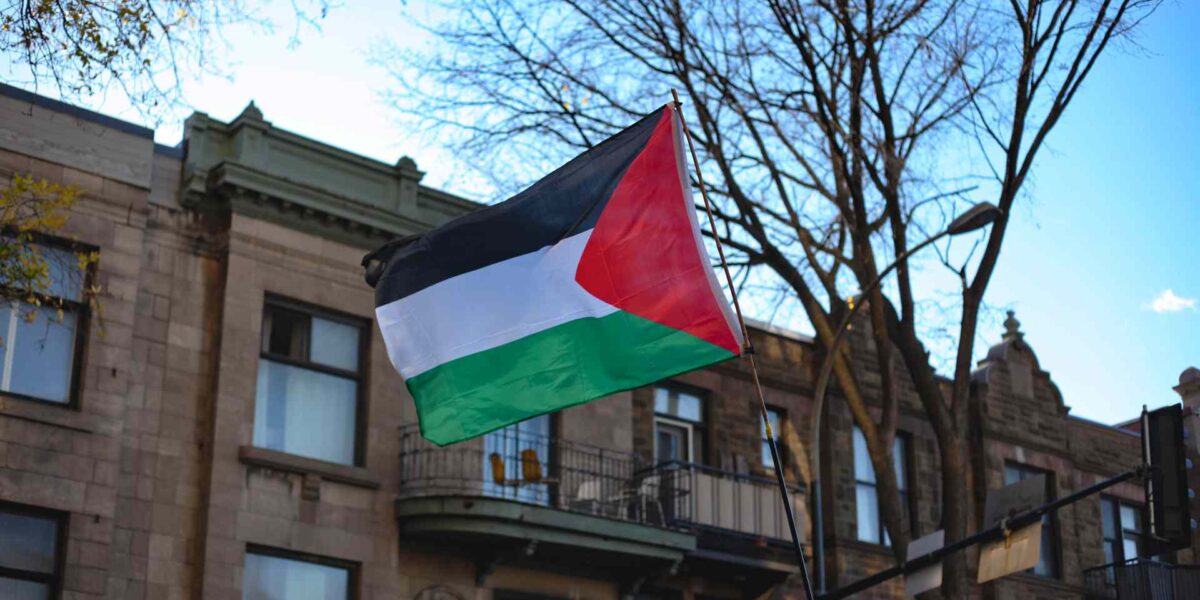May 13, 2024: Gaza and the West Bank continue to drown in blood today, with the death toll in Gaza now over 35,000 plus over 78,000 wounded.
Seven hundred and ninety-four brutal attacks by settlers and Israeli Defense Force (IDF) troops have killed nearly 500 Palestinians in the West Bank and burned down their villages since October 7, according to the Washington Post.
As I write this column on May 13, IDF bombs are falling on Gaza and land assaults on both south and north Gaza seem to be ramping up. All the usual horrors of civilian casualties, many of them women and children, continue. So too does the crushing of the human-built environment in Gaza’s cities. Palestinians, seeing Gaza rapidly leveled and casualties mounting, understandably see this war as a genocidal exercise in ethnic cleansing, yet another extension of the Nakba.
Meanwhile, mainstream media attention in the West has been distracted to handwringing about whether student anti-war demonstrators have been rude and punditry about how the horrors in Palestine will affect the American elections in the fall. The lives and deaths of the dark skinned colonized can only hold Western attention just so long before our gnat-like attention span moves onto the next viral event online, it would seem.
But whether or not we pay attention, the genocidal war against the Palestinians continues. And it continues with political support and military aid from many Western nations, most prominently the US, but with significant Canadian involvement too. Both US and Canadian tax dollars and public statements have helped underwrite the genocide, and we all are complicit unless we speak up and act to end it. It is high time for all of us to listen more carefully to Palestinians as we try to understand what led up to this catastrophe.
The Hundred Years’ War on Palestine: A History of Settler Colonialism and Resistance, 1917-2017, a comprehensive account of Palestine’s long agony by Rashid Khalidi might be a good place to start. The author, who holds the Edward Said chair in Modern Arab Studies at Columbia University, comes from a family that has lived in Palestine for centuries. He provides a detailed history of the Nakba, the ethnic cleansing and state terrorism that attended the creation of Israel in 1948, and a detailed, if sometimes admittedly partisan, account of the complex and often fractious politics within Palestinian communities both before and after that watershed disaster, beginning with the notorious Balfour Declaration of 1917 in which the British cabinet promised a Jewish homeland on Palestinian territories and failed to give any serious attention to Palestinian claims to the land on which they had lived for millennia. The Nakba left over 700,000 of the 1.3 million Palestinians as refugees, and the current war against Palestine is creating more refugees, more casualties, and more displaced people. The Nakba continues.
In a recent interview with Jacobin Magazine, Khalidi observed:
“Changing the demographic balance in Palestine in favor of settlers, at the expense of Palestinians, has always been the intention of the Zionist project — from Herzl, through [Chaim] Weizmann, up to Ben-Gvir — not to create a bi-national state. The conviction of those early Zionists was that Europe would not let them live in safety. Their vision of a Judenstaat required a demographic transformation. A process of ethnic cleansing, of squeezing the indigenous population into smaller and smaller areas, similar to what happened in Ireland under Oliver Cromwell or with the Indian reservations in North America. That’s what’s attempted here.”
A powerful international protest movement is calling for an immediate ceasefire in Gaza and the West Bank, and for an end to the ongoing genocide. It is vitally important that this global solidarity movement be informed, and that means that those of us outside Palestine who want to offer support need as much input from Palestinians as we can get. Khalidi’s book is one useful source, and Counterfire.org’s recently released compendium of interviews with Palestinians is another. Biselem, an Israeli human rights organization also features interviews with Palestinians on its website. Raed Issa, an artist in Gaza, provides a powerful testimony here. And Mehdi Hassan, a Palestinian American journalist, continues to centre the voices of Palestinians under the bombs of the IDF in videos like this: https://www.youtube.com/watch?v=nJGumuVW2iA
In the wake of genocides past, many who could have intervened but did not could plead ignorance. We cannot. The war on Palestinians is being waged in plain sight, and we in the West have a moral responsibility to inform ourselves and to act to help end the carnage.



